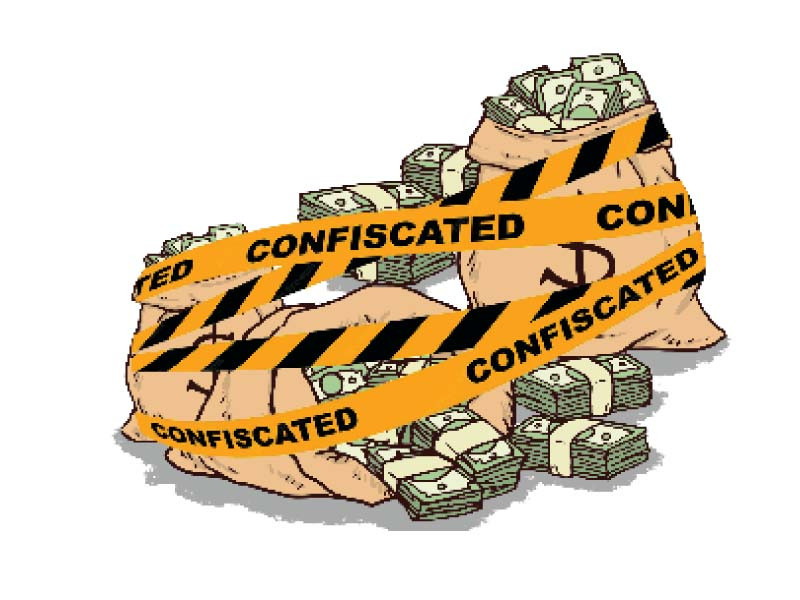
A top official of the Pakistan Customs – the agency responsible for curbing smuggling –said on Thursday that the role of currency smuggling, in the current dollar shortage crisis, has been grossly exaggerated by vested interests. Almost 90% of scarcity is due to hoarding of the greenback, says the official.
“While no one has accurate estimates of the proportion of currency being smuggled, anecdotal evidence suggests that the contribution of smuggling to the shortage of dollars in the market stands at only 10%, said Mukkaram Ali Jah, the Member Customs Operations of the Federal Board of Revenue (FBR). The statement suggests that the government has been putting a lot of energy into an area which has little impact on the increasing gap between the open market and the grey currency market, one that has become as wide as Rs30 to a dollar.
According to Jah, people are hoarding the currency in big numbers due to the huge gap between the inter-bank and the black-market rates. “The hoarding is contributing 90% to the shortage caused by local factors,” he added. To prove his point, the member said that customs had randomly checked on passengers taking international flights and the total amount of money that only Dubai-bound passengers declared was on average $50,000.
Pakistan is facing a serious currency shortage due to the huge gap between inflows and outflows, but the government is keeping the exchange rate under tight control to contain imported inflation. The outflow requirements are not met by the inflows and as a result, people have started hoarding the currency as well as avoiding formal banking channels to get better rates.
The National Security Committee (NSC) – the highest civil-military huddle – has also put greater emphasis on currency smuggling. “To strengthen the economy, the committee agreed on undertaking concrete steps including import rationalisation as well as preventing illegal currency outflows and hawala business,” reads the NSC press statement.
So far, no decision from the NSC has been communicated to the FBR with regards to taking fresh measures to curb the smuggling of currency, said the member customs.
Customs, however, has doubled its efforts to contain smuggling, with the number of seizure cases and the confiscated amount suddenly increasing.
In 2022, customs confiscated $5 million in equal foreign currency in about 125 cases – a figure that was only $270,000 in 26 cases in the calendar year of 2021, according to the member customs operations. This was the highest amount that the Customs Department has ever confiscated.
Answering a question, the member said, “There is an extreme scarcity of human resources. But, even in times of pressure, the customs’ department deployed the requisite force – even when they had to be taken from other assignments.”
At the Karachi airport, against 150 positions, only 15 officials were working, indicating a huge gap between the needs and available resources, said Jah.
Due to some difficulties, Pakistan has not yet fenced a 200-kilometer stretch on the Taftan-Dalbidin international border, Jah added – also a factor in weak controls.
The FBR also faces a dilemma; law enforcement agencies are responsible for manning the international borders and curbing smuggling there. The FBR’s role only begins when the smuggled goods have already reached the country.
A wrong impression is being created that a lot of US dollars are being smuggled into Afghanistan, said the official. The Afghan trade requirements are also now being met by remittances from Dubai being diverted through the hawala system to make payments for imports, he added.
The gap between the inter-bank and the actual open market rate is causing the diversion of remittances through hawala to these destinations, said the Jah. He added that, in order to address this issue, the FBR is in the process of finalising new regulations for barter trade in goods between businesses. This will end the requirement for hard currency.
“The FBR has beefed up its surveillance at the international ports,” he said, adding that, “New regulations have also been introduced to facilitate passengers to declare currency.” The government is at the stage of testing its pass track application – a web portal that will provide an online option to international travellers to file their currency declarations. The FBR also plans to launch an awareness campaign to make travellers aware of the facilitation measures and the regulatory requirements aimed at discouraging smuggling of currency.
“The State Bank of Pakistan regulations require international passengers to declare foreign currency even if it has a value of $1,” said Jah. But, he said, the customs department is not enforcing this regulation strictly and is relying instead on risk profiling, to avoid giving passengers unnecessary troubles.
As per the revised regulations, international passengers can take out foreign currency equivalent to a maximum of $30,000, which is capped at $5,000 a visit.
Published in The Express Tribune, January 6th, 2023.
Like Business on Facebook, follow @TribuneBiz on Twitter to stay informed and join in the conversation.

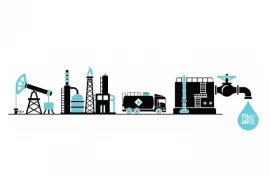
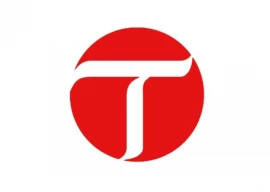

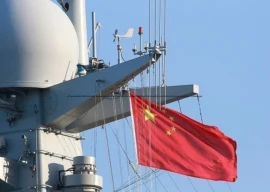


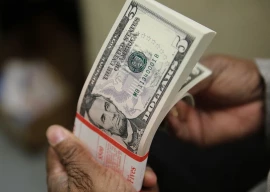

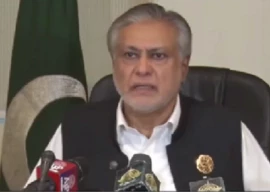




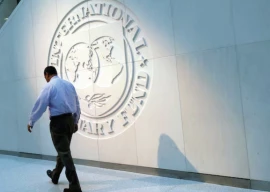




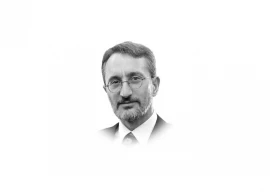


COMMENTS
Comments are moderated and generally will be posted if they are on-topic and not abusive.
For more information, please see our Comments FAQ